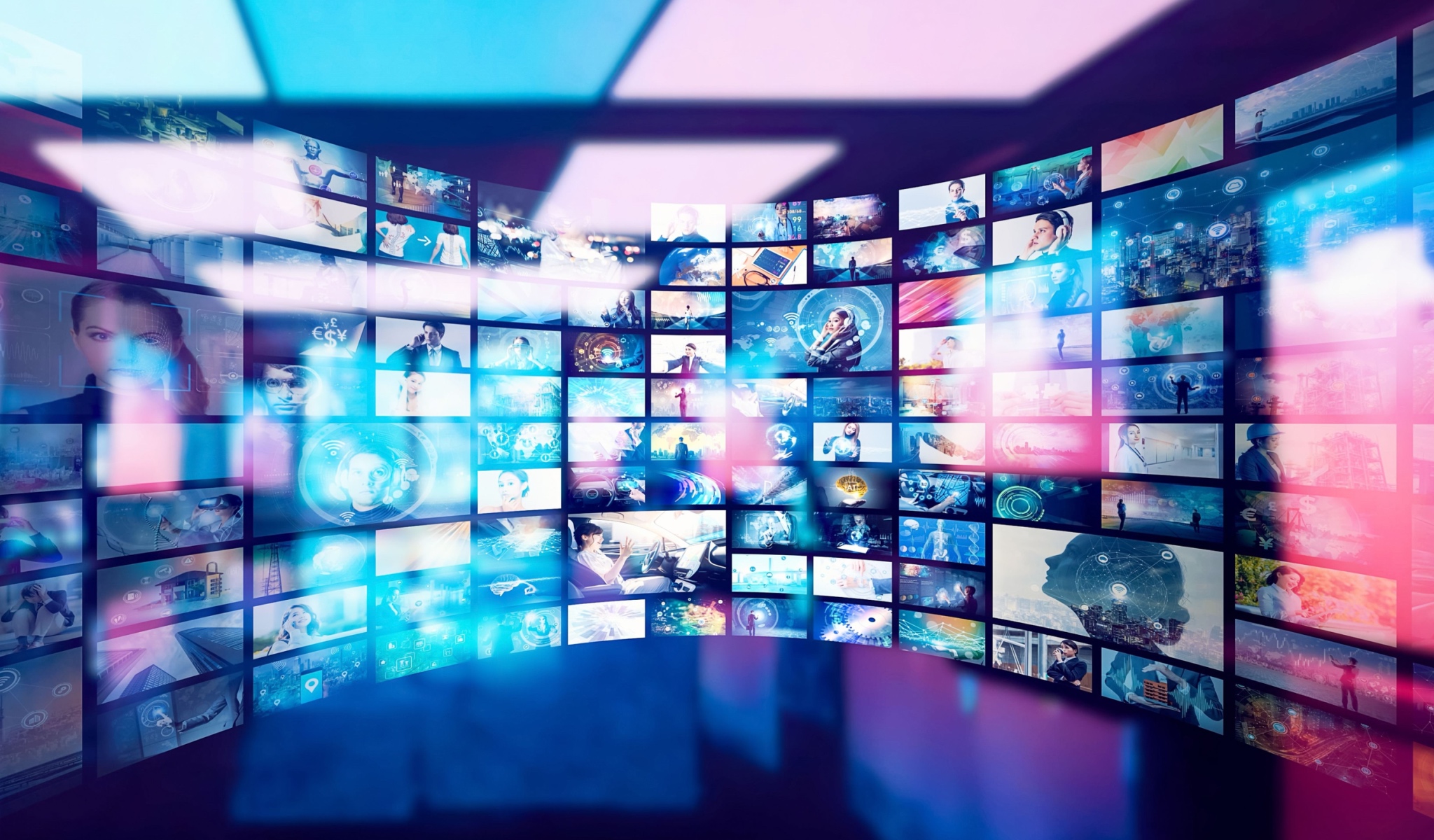Picture this: Your smartphone dies while you’re on a trip, and suddenly, you’re helpless—unable to navigate, pay, or even access your hotel reservation. This isn’t hypothetical; it’s our reality. According to DataReportal’s ‘Digital 2024 Global Overview Report‘ the average person now spends over 7 hours daily on digital devices, with 47% reporting anxiety when separated from their phones. What once was a minor inconvenience has now become a crisis, revealing how deeply we’ve integrated technology into our daily existence—from ordering coffee to proving our identity.
George Orwell envisioned a dystopia of forced submission, but he missed something crucial: people willingly surrendering their freedoms for convenience. As Shoshana Zuboff details in The Age of Surveillance Capitalism, this willingness to trade privacy for convenience represents a fundamental shift in how power operates in the digital age. We don’t need Big Brother watching us—we invite surveillance into our homes through smart speakers, security cameras, and connected appliances, all in the name of making life easier.
We don’t just accept this surveillance; we’ve internalized it as a necessary trade-off. “Don’t worry,” we’re told, “your data’s safe, and you’ll get better recommendations and smarter services in return.” We’ve become so accustomed to being watched that we defend our watchers, developing an almost pathological attachment to the very systems that constrain us.
Consider airport security. After 9/11, Americans accepted increasingly invasive TSA procedures, promising both safety and convenience. Two decades later, we dutifully remove our shoes—trained like obedient pets to follow the security theater because one lunatic tried to hide explosives in his boots almost 25 years ago—submit to full-body scans, and surrender water bottles. Yet airport security is neither convenient nor demonstrably more effective. Just as we unquestioningly remove our shoes at airports, we’ve unquestioningly handed over our most private information for the promise of convenience.
I witnessed this shift firsthand during my two decades in tech. When Google launched Gmail, marketing it as a ‘free’ service, I warned friends they were actually paying with their data. The old adage proved true: when something’s free online, you’re not the customer—you’re the product. Many laughed, calling me paranoid.
Complete Article

 brownstone.org
brownstone.org
George Orwell envisioned a dystopia of forced submission, but he missed something crucial: people willingly surrendering their freedoms for convenience. As Shoshana Zuboff details in The Age of Surveillance Capitalism, this willingness to trade privacy for convenience represents a fundamental shift in how power operates in the digital age. We don’t need Big Brother watching us—we invite surveillance into our homes through smart speakers, security cameras, and connected appliances, all in the name of making life easier.
We don’t just accept this surveillance; we’ve internalized it as a necessary trade-off. “Don’t worry,” we’re told, “your data’s safe, and you’ll get better recommendations and smarter services in return.” We’ve become so accustomed to being watched that we defend our watchers, developing an almost pathological attachment to the very systems that constrain us.
Consider airport security. After 9/11, Americans accepted increasingly invasive TSA procedures, promising both safety and convenience. Two decades later, we dutifully remove our shoes—trained like obedient pets to follow the security theater because one lunatic tried to hide explosives in his boots almost 25 years ago—submit to full-body scans, and surrender water bottles. Yet airport security is neither convenient nor demonstrably more effective. Just as we unquestioningly remove our shoes at airports, we’ve unquestioningly handed over our most private information for the promise of convenience.
I witnessed this shift firsthand during my two decades in tech. When Google launched Gmail, marketing it as a ‘free’ service, I warned friends they were actually paying with their data. The old adage proved true: when something’s free online, you’re not the customer—you’re the product. Many laughed, calling me paranoid.
Complete Article

How Engineered Dependency Erases Our Autonomy ⋆ Brownstone Institute
We're not just losing skills; we're losing independence. The question isn't whether convenience is worth the cost of liberty.
 brownstone.org
brownstone.org
